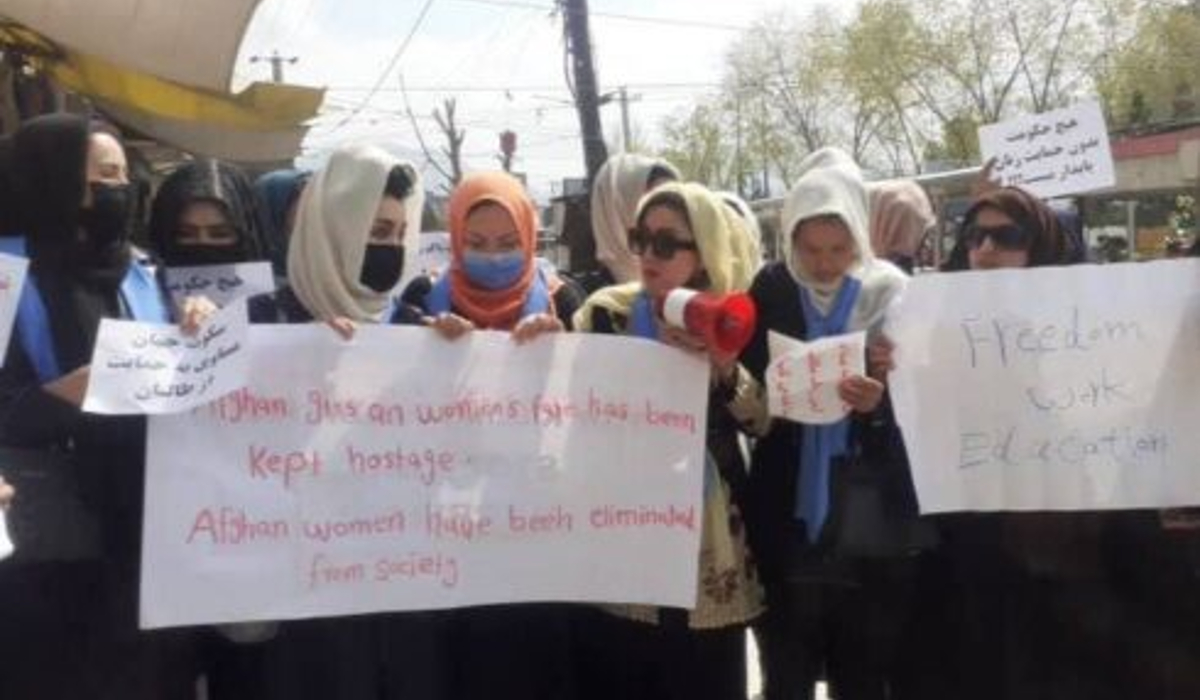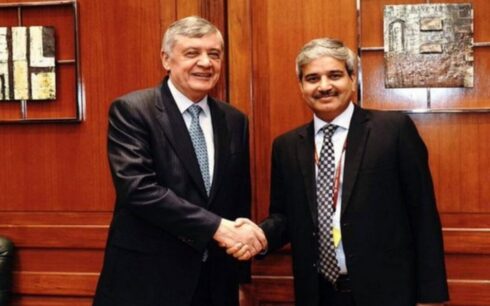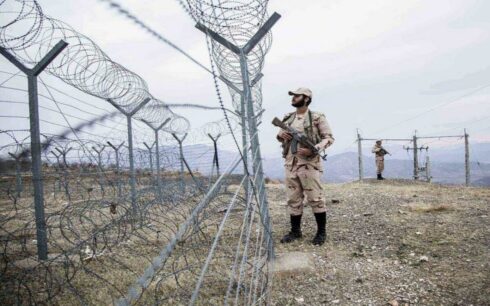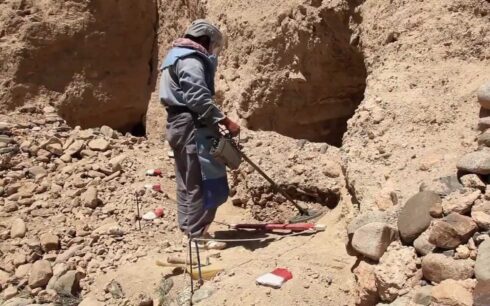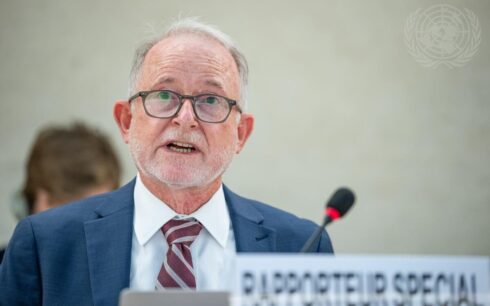A number of women’s rights activists on Sunday called upon Feridun Sinirlioglu, the UN’s Special Coordinator on Afghanistan, to emphasize the plight of women in Afghanistan as a form of systematic discrimination in his forthcoming assessment of the country to the United Nations.
The Taliban has enforced restrictive policies on women and girls in Afghanistan over the past two years.
During a recent visit to Afghanistan, Sinirlioglu emphasized the need to remove restrictions on women and girls in his discussions with Taliban officials in Kabul.
He also met with former President Hamid Karzai and Abdullah Abdullah, the former chairman of the High Council for National Reconciliation.
Many women’s rights and human rights defenders, as well as members of civil society and the media, have been forced into exile since the Taliban’s return to power.
Tahira Naseri, a women’s rights activist, implored the international community to help establish a democratic government in Afghanistan.
“I call on the international community to end this irresponsible rule by the Taliban in Afghanistan,” she stated.
Currently, women are prohibited from attending school beyond grade six, attending universities, and engaging in recreational activities in the country.
Nosheen Shaharzad, another women’s rights activist, criticized the international community’s approach to women in Afghanistan, asserting that the country has been isolated, which has resulted in insufficient attention to the plight of women.
“We want to end this cruel situation imposed on women,” she declared.
Shukria Dilijam, a women’s rights defender, emphasized that women are the most vulnerable group due to the Taliban’s oppressive treatment.
Meanwhile, some female activists are encouraging Sinirlioglu to engage in direct discussions with Afghan women to hear their demands.
Mehria Amiri, a female rights defender, stressed that if women’s voices are not heard, Sinirlioglu’s assessment of the situation in Afghanistan would be ineffective.
“There must be an accurate assessment and investigation of the situation on the ground. Direct talks with women and girls who have suffered from a series of decrees limiting their access to work and education are essential,” she explained.
This plea comes as three women’s rights activists remain in custody under the Taliban.
Neda Parwani and Zholia Parsi were detained last month in Kabul, and the whereabouts and well-being of these activists remain unknown.
Laila Baseem, a women’s rights activist, stated that these three detained women had stood against the gender apartheid and discrimination imposed by the Taliban on Afghan women.
“They resisted the Taliban, and that’s why they are in Taliban detention today,” she emphasized.
Sinirlioglu was appointed by UN Secretary-General Antonio Guterres in April of this year to lead an independent assessment providing recommendations to address challenges in Afghanistan.

